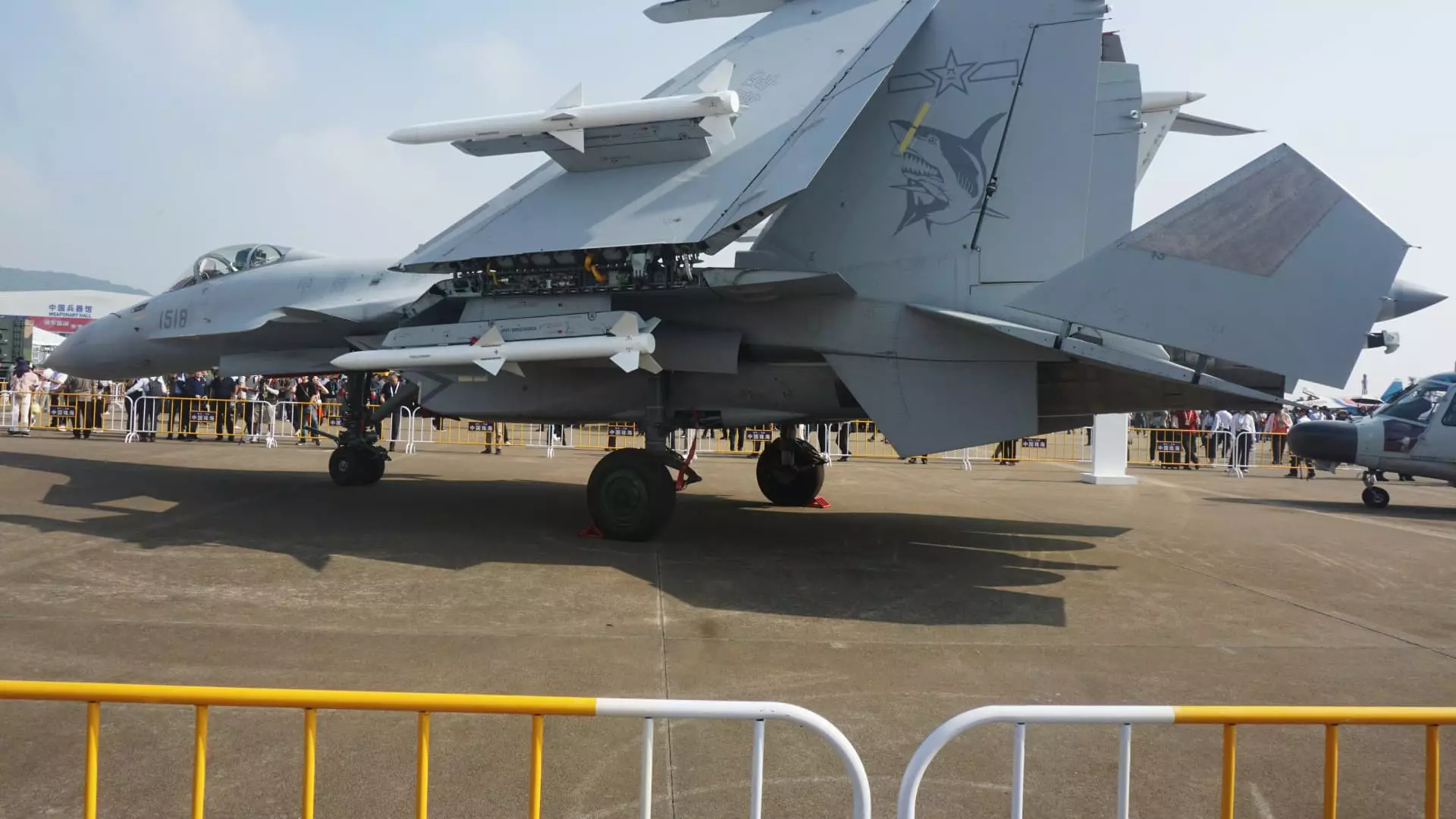On Wednesday, China unveiled its plans for a staggering increase in defense spending, marking a 7.2% rise for the third consecutive year. This escalation positions the nation at a crossroads, balancing its rhetoric of peace with escalating military ambitions. With a proposed budget of 1.78 trillion yuan, or approximately $244.99 billion, for the fiscal year 2025, the implications for regional stability and global security are cause for legitimate concern. The tension is palpable as defense spending dwarfs China’s projected economic growth target of around 5%. In a world where powers are arming themselves at alarming rates, one has to ponder if this is merely a safeguard for national interests or a stepping stone toward assertive, perhaps aggressive, regional posturing.
The Context of Rising Military Expenditures
The context surrounding this military budget hike is equally telling. As Western nations scramble to enhance their military capabilities—illustrated by the European Union’s audacious plan to mobilize nearly 800 billion euros to support Ukraine in the face of Russian aggression—the competitive armament race intensifies. It is particularly notable when juxtaposed with America’s own military budget set at $850 billion for 2025. The belief that security comes at the end of a barrel seems to be reinvigorating not only in the U.S. and Europe but also in the corridors of power in Beijing.
Lou Qinjian, spokesperson for China’s National People’s Congress, emphasized that “peace needs to be safeguarded with strength,” a phrase that lands ominously given the backdrop of China’s territorial disputes and influence campaigns across Asia. While he argued that China’s defense spending remains under 1.5% of GDP, it’s essential to understand that these numbers are not merely statistics; they are indicative of a nation choosing to prioritize military funding over other pressing domestic issues.
The Paradox of Public Security vs. Defense Spending
Interestingly, the budget for public security also saw a significant rise, increasing by 7.3%—a marked jump compared to last year’s shallow 1.4%. This paradox begs the question: Is the Chinese government truly concerned about external threats, or is the uptick in spending more an attempt to maintain internal stability amidst rising dissatisfaction? Heavy-handed internal security measures could be interpreted as a sign of a regime unsure of its legitimacy, fueling speculation that the government must use both military defenses and internal security to maintain control.
In anticipation of rising tensions with neighbors, this military spending surge may be construed as an affront rather than a mere preparation for defense. While China insists on a narrative that positions it as a peaceful power, these aggressive budget plans suggest a departure from that image. In a rapidly polarizing global environment, the implications of China’s defense budget cannot be underestimated, as it reflects not just a challenge to its immediate neighbors but a broader shift in the balance of power within Asia and beyond.

